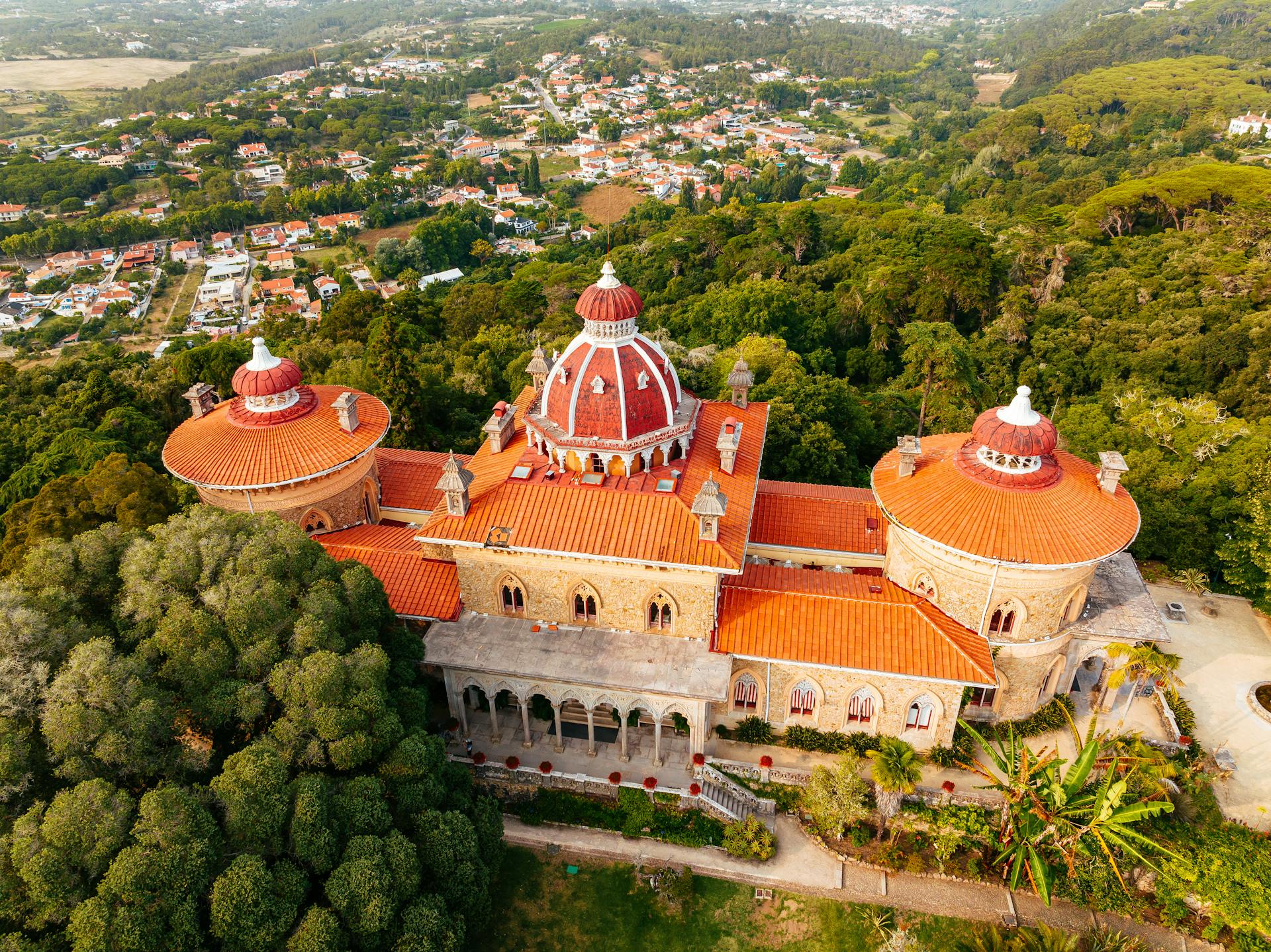How to Move to Portugal in 2025? A Guide to All Visa Types

- Remove the current class from the content27_link item as Webflows native current state will automatically be applied.
- To add interactions which automatically expand and collapse sections in the table of contents select the content27_h-trigger element, add an element trigger and select Mouse click (tap)
- For the 1st click select the custom animation Content 27 table of contents [Expand] and for the 2nd click select the custom animation Content 27 table of contents [Collapse].
- In the Trigger Settings, deselect all checkboxes other than Desktop and above. This disables the interaction on tablet and below to prevent bugs when scrolling.
Relocating to Portugal means more than a change of scenery, and knowing how to move to Portugal starts with choosing between the available visa types—a key step, especially with tax and residency rules in play. Whether the goal is retirement, remote work, investment, or entrepreneurship, the type of visa will affect access to public services and your long-term tax position.
This guide examines the difference between long-stay and short-stay visas, residency permits, entry visas, who needs a visa, and what to consider before applying. It also compares Portugal’s visa types to help clarify the options.
The distinction between visa types is simple, yet fundamental:
- Short-stay visas (Schengen visas): for temporary visits up to 90 days in a 180-day period. They're typically used for tourism, business travel, or short family visits.
- Long-stay visas: for those planning to remain in Portugal beyond 90 days, whether to live, work, study, or invest. They often lead to residency.
Tax-wise, short stays don't trigger tax residency. Long stays, depending on duration and circumstances, usually do.
Entry Visas vs. Residency Permits
Entry visas grant permission to enter Portugal for specific purposes, usually as a prerequisite to apply for a residency permit upon arrival. Entry visa holders must apply for this permit within four months of arrival.
A residency permit authorizes long-term living in Portugal and is necessary to access healthcare, public education, and tax benefits like the Non-Habitual Residency (NHR) regime.
From a compliance angle, distinguishing these two stages matters as holding an entry visa without progressing to a residency permit may lead to overstays and complications with future applications.
Who Needs a Visa to Move to Portugal?
Nationals from the EU, EEA, and Switzerland can relocate without a visa, although registration with local authorities is required after 90 days.
Non-EU nationals—including those from the US, UK, Canada, Brazil, and India—typically need a visa to stay longer than 90 days. For US citizens wondering how to move to Portugal from the US, the answer usually begins with applying for a long-stay visa through a Portuguese consulate.
Important Update: Portugal has officially phased out the "Manifestação de Interesse" process. This pathway, previously used by individuals entering Portugal on a tourist visa and applying for residency from within the country, is no longer available. As of 2024, securing the appropriate Portugal visa type from a Portuguese consulate before arrival has become essential for most non-EU nationals planning a long-term stay.

What to Consider Before Choosing a Visa?
Choosing the right visa depends on several factors, particularly from a legal and fiscal point of view:
- Purpose of stay (e.g., remote work, investment, study, retirement).
- Source of income (domestic vs. foreign).
- Intended duration.
- Family status (spouse, dependents).
- Tax residency goals.
- Work authorization needs.
- Real estate or business investment plans.
For example, Portugal’s Golden Visa Program no longer covers residential real estate in high-density areas, while Portugal’s D2 visa is ideal for entrepreneurs, and Portugal’s digital nomad visa works for remote workers with qualifying income.
Before applying, consider the broader question: How much money do you need to move to Portugal? Each visa has different financial thresholds, and failing to meet them is a common reason for denial.

How to Move to Portugal Strategically
Understanding how to move to Portugal is about more than picking a visa. From a tax advisor’s perspective, the following should be factored into the equation:
- Tax Residency Rules: Spending more than 183 days/year or maintaining a habitual residence makes one a Portuguese tax resident.
- Foreign Income Reporting: Even though Portugal has double taxation treaties, you still need to declare foreign-earned income
- Inheritance and Wealth Tax: While Portugal does not levy wealth tax, certain assets and gifts may be taxed.
- NIF (Número de Identificação Fiscal): Required for almost every legal and financial action—Learn How to Get a NIF Number.
For those asking, how hard is it to move to Portugal?—well, it depends on matching the correct visa with one’s goals and documentation. The process can be straightforward if prepared properly.
Conclusion
For most non-EU nationals, a long-stay visa is no longer optional—it’s the starting point. The “Manifestação de Interesse” route has been phased out, so applying before arrival is now essential.
Each Portugal visa type suits a different profile. Passive income? Consider Portugal’s D7 visa. Remote work? The digital nomad visa. Starting a business? The D2 visa. For investors, Portugal’s Golden Visa is still an option—though more regulated than before.
It's worth remembering that short-term visas like the Temporary Stay Visa Portugal don't lead to residency and offer limited flexibility.
Put simply, moving to Portugal comes down to preparation. The visa sets the foundation—tax, legal status, and long-term strategy all follow from there. And this is where expert tax help can make all the difference.
At Tytle, we provide tailor-made services including:
- Obtaining a NIF number hassle-free.
- Accounting/bookkeeping.
- Accurate tax filing.
- Estate planning.
- Cross-border advice.
- Immigration services.
- And much more!
For more expert tax advice, feel free to explore: “Portugal’s New Tax Regime Targets Innovation Jobs, and Expats” and “Tax Deadlines and Other Important Dates in Portugal: A Guide for Expats”.
See our latest articles
Get affordable, cross-border assistance now!









.jpg)
.jpg)



.jpg)
.jpg)

.jpg)


.jpg)





